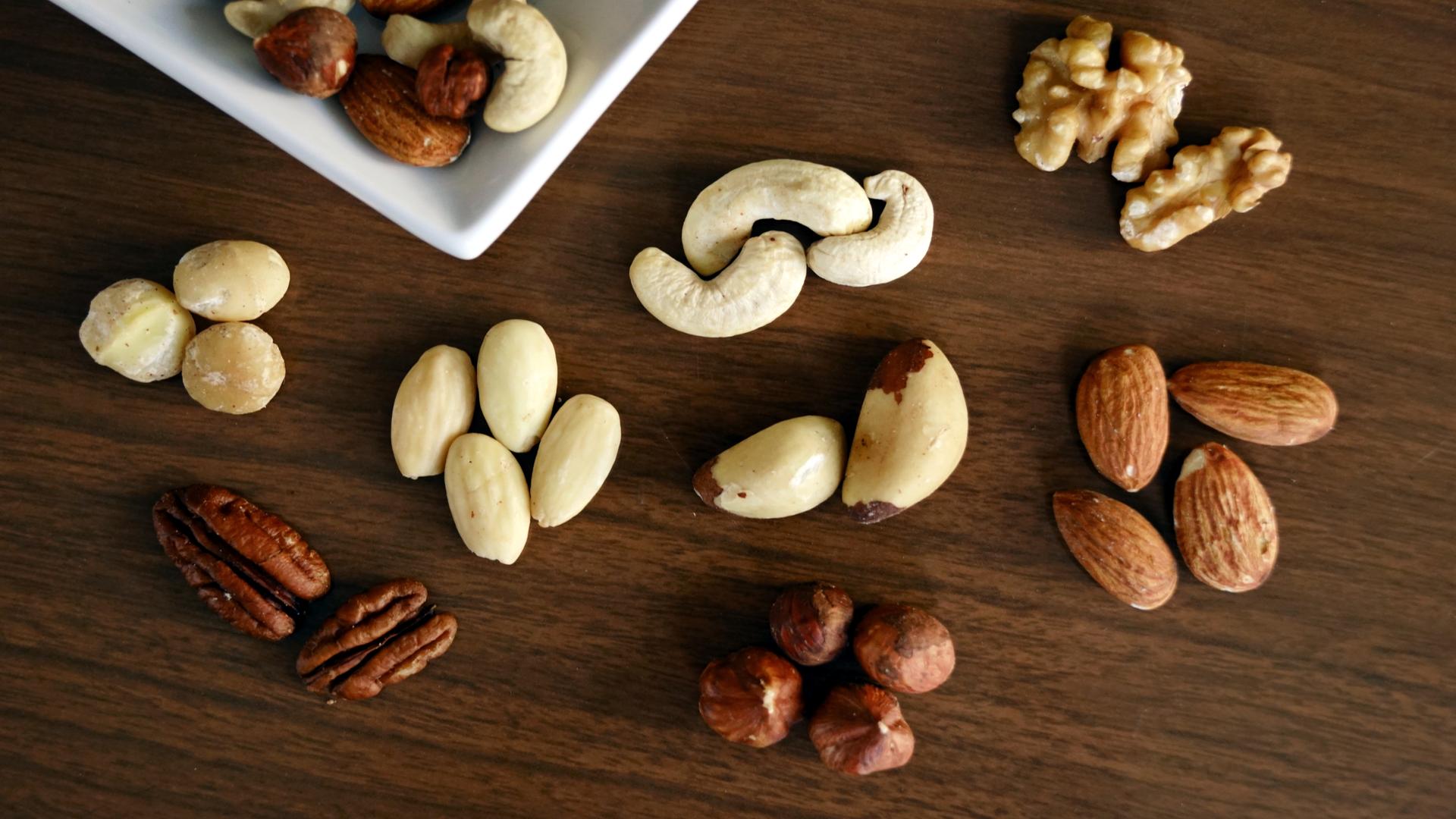
Outline:
- Introduction
- Understanding Metabolic Rate
2.1 What is Metabolic Rate?
2.2 Factors Affecting Metabolic Rate
2.3 Types of Metabolic Rate - Metabolic Rate and Weight
3.1 Metabolism and Weight Loss
3.2 Metabolism and Weight Gain
3.3 Metabolism and Metabolic Disorders - Boosting Metabolic Rate Naturally
4.1 Regular Exercise
4.2 Strength Training
4.3 Balanced Diet
4.4 Hydration
4.5 Sufficient Sleep - Myths About Metabolic Rate
5.1 Metabolism and Age
5.2 Metabolism and Eating Habits
5.3 Metabolism and Genetics - Conclusion
Metabolic Rate and Weight: Understanding the Connection and Boosting Your Metabolism Naturally
Introduction
When it comes to weight management, understanding the role of metabolic rate is crucial. Metabolic rate, or metabolism, refers to the chemical processes that occur within our bodies to maintain life. In this article, we will delve into the concept of metabolic rate and its relationship with weight. We will also explore ways to naturally boost metabolic rate and debunk common myths surrounding metabolism.
Understanding Metabolic Rate
1. What is Metabolic Rate?
Metabolic rate is the rate at which our bodies burn calories to perform essential functions such as breathing, digestion, and circulation. It is the energy expenditure required by our bodies to maintain basic physiological functions at rest.
2. Factors Affecting Metabolic Rate
Several factors influence an individual's metabolic rate, including:
- Age: Metabolic rate tends to decrease with age due to a loss of muscle mass and hormonal changes.
- Body Composition: Lean muscle mass contributes significantly to a higher metabolic rate.
- Genetics: Some individuals naturally have a faster or slower metabolic rate based on their genetic makeup.
- Hormones: Hormonal imbalances can affect metabolic rate, such as in conditions like hypothyroidism.
- Activity Level: Regular physical activity and exercise can increase metabolic rate.
3. Types of Metabolic Rate
There are two primary types of metabolic rate:
- Resting Metabolic Rate (RMR): This refers to the number of calories burned at rest, ensuring basic bodily functions are maintained.
- Total Daily Energy Expenditure (TDEE): TDEE includes the calories burned from both resting metabolic rate and physical activity.
Metabolic Rate and Weight
1. Metabolism and Weight Loss
Metabolic rate plays a crucial role in weight loss. When we consume fewer calories than our body needs, it creates an energy deficit. This deficit signals the body to utilize stored fat for energy, resulting in weight loss. However, excessively low-calorie diets can lead to a slower metabolic rate as the body adapts to the reduced fuel intake.
2. Metabolism and Weight Gain
Conversely, a slow metabolic rate can contribute to weight gain. When our bodies burn fewer calories than we consume, the excess energy is stored as fat. Factors such as genetics, hormonal imbalances, and unhealthy eating habits can contribute to a slower metabolic rate.
3. Metabolism and Metabolic Disorders
Certain medical conditions, such as diabetes and hypothyroidism, can affect metabolic rate. These conditions disrupt the body's ability to regulate blood sugar levels and hormone production, leading to metabolic disorders. It is important to seek medical guidance if you suspect any underlying metabolic issues.
Boosting Metabolic Rate Naturally
To enhance your metabolic rate naturally, consider the following strategies:
1. Regular Exercise
Engaging in regular physical activity, such as cardio exercises, can increase your metabolic rate. By incorporating activities like jogging, cycling, or dancing into your routine, you can burn calories and boost your metabolism.
2. Strength Training
Strength training exercises, such as weightlifting or bodyweight exercises, help build and maintain lean muscle mass. As mentioned earlier, more muscle mass leads to an increased metabolic rate, even at rest.
3. Balanced Diet
Eating a balanced diet that includes a variety of nutrient-dense foods can support a healthy metabolism. Include lean proteins, whole grains, fruits, vegetables, and healthy fats in your meals to provide your body with the fuel it needs.
4. Hydration
Staying hydrated is essential for maintaining metabolic functions. Water helps transport nutrients, eliminate waste, and regulate body temperature. Aim to drink an adequate amount of water throughout the day.
5. Sufficient Sleep
Getting enough quality sleep is vital for overall health and optimal metabolic function. Lack of sleep can disrupt hormone regulation and lead to metabolic imbalances. Aim for 7-9 hours of uninterrupted sleep each night.
Myths About Metabolic Rate
1. Metabolism and Age
While it is true that metabolic rate tends to decrease with age, it doesn't mean that you have no control over it. By adopting healthy habits, such as regular exercise and a balanced diet, you can mitigate the age-related decline in metabolism.
2. Metabolism and Eating Habits
Contrary to popular belief, frequent small meals throughout the day do not substantially boost metabolism. The total calorie intake and nutrient composition of meals matter more than the frequency.
3. Metabolism and Genetics
While genetics influence metabolic rate to some extent, lifestyle factors have a more significant impact. Healthy habits and regular physical activity can help optimize metabolism, regardless of genetic predisposition.
Conclusion
Understanding metabolic rate and its impact on weight management is key to achieving and maintaining a healthy body weight. By adopting a balanced lifestyle that includes regular exercise, strength training, a well-rounded diet, proper hydration, and sufficient sleep, you can naturally boost your metabolic rate. Remember to separate facts from myths and consult healthcare professionals if you suspect any underlying metabolic issues.
� Metabolic Rate and Weight: Understanding the Connection and Boosting Your Metabolism Naturally
� HEALTH
� METABOLISM
� Explore the relationship between metabolic rate and weight, and discover natural ways to boost your metabolism for healthy weight management.
Thank you for reading. For more insights, visit our #healthzone#3.com/blog">BLOG. We appreciate your support!



